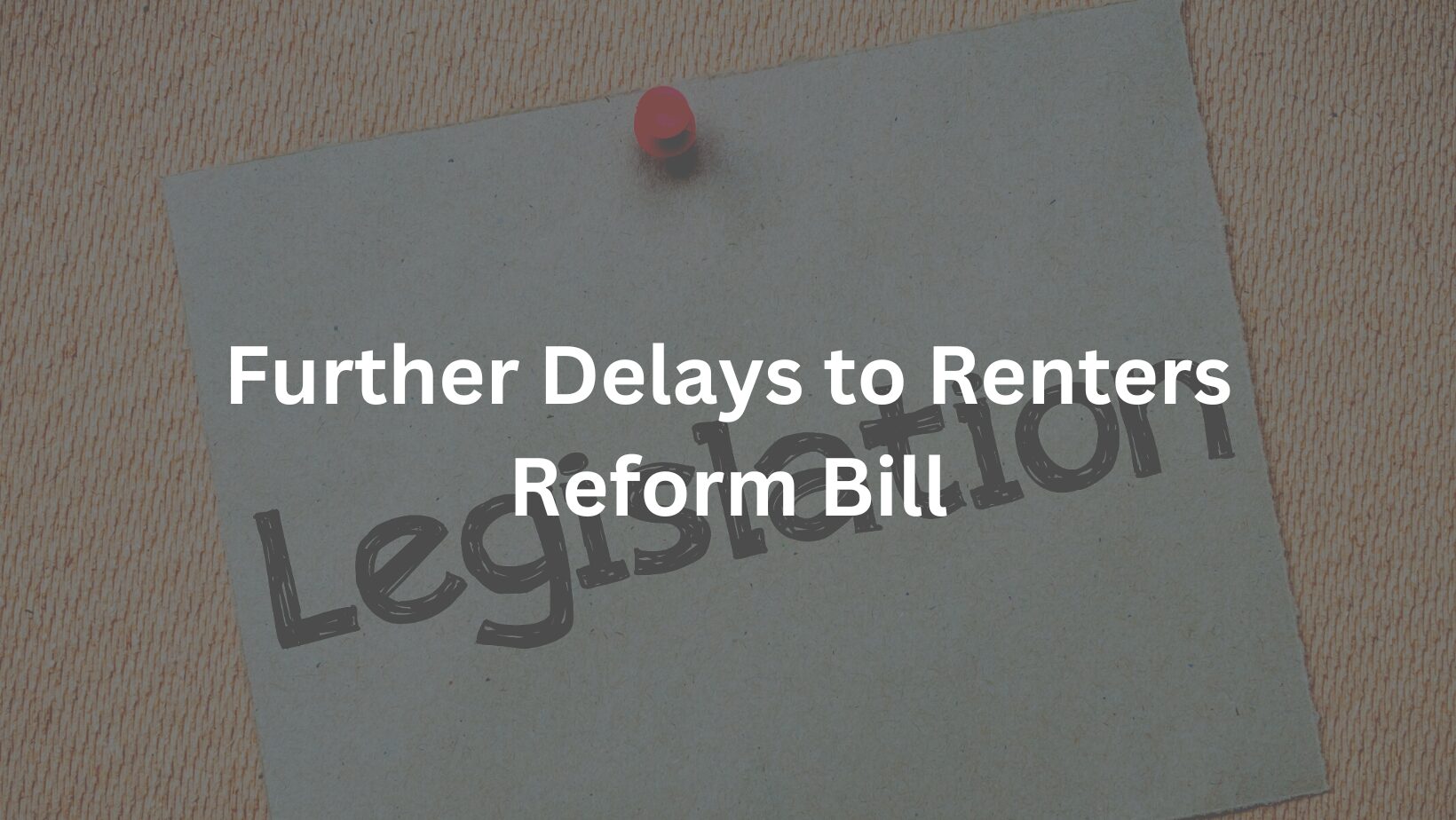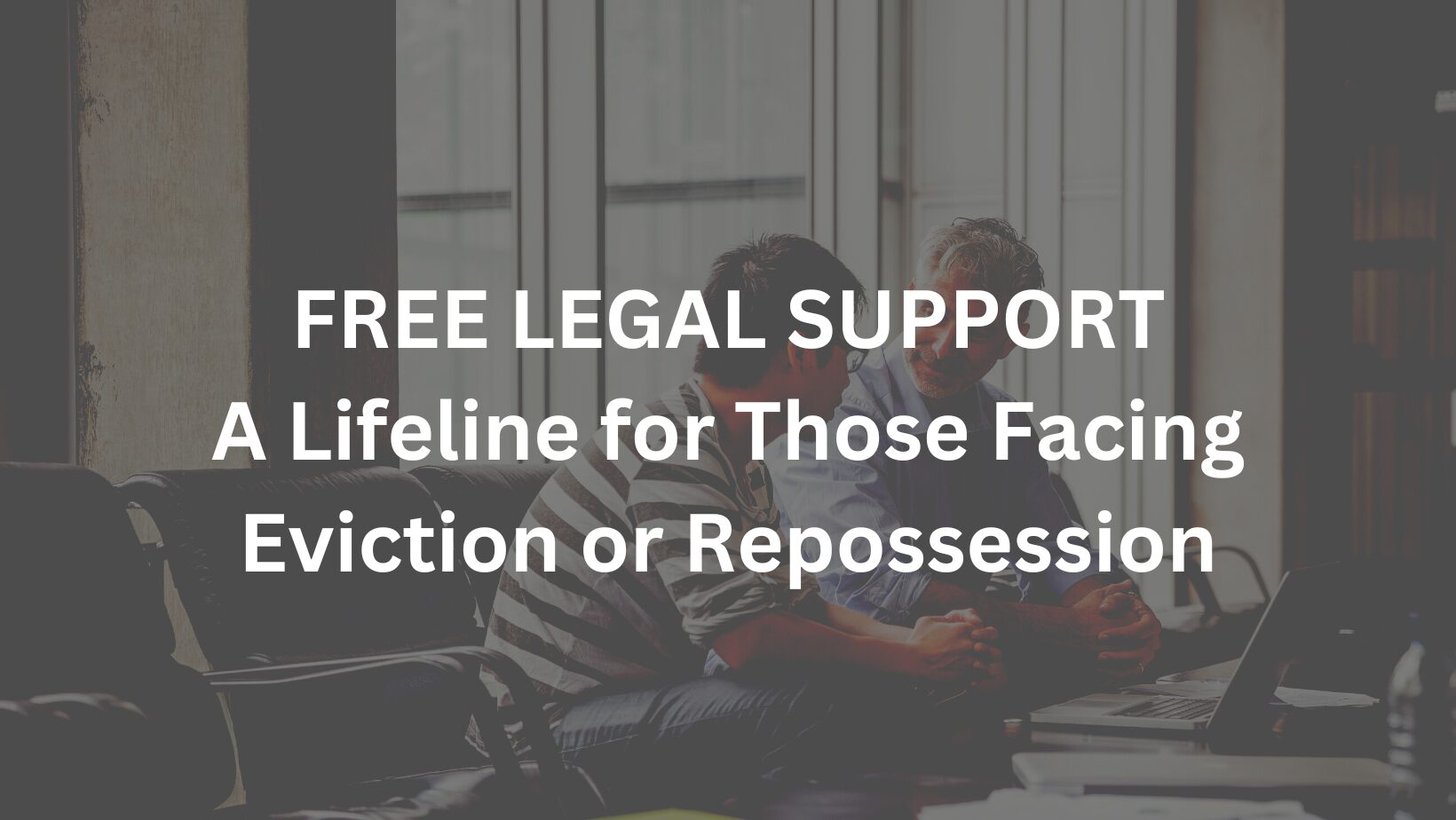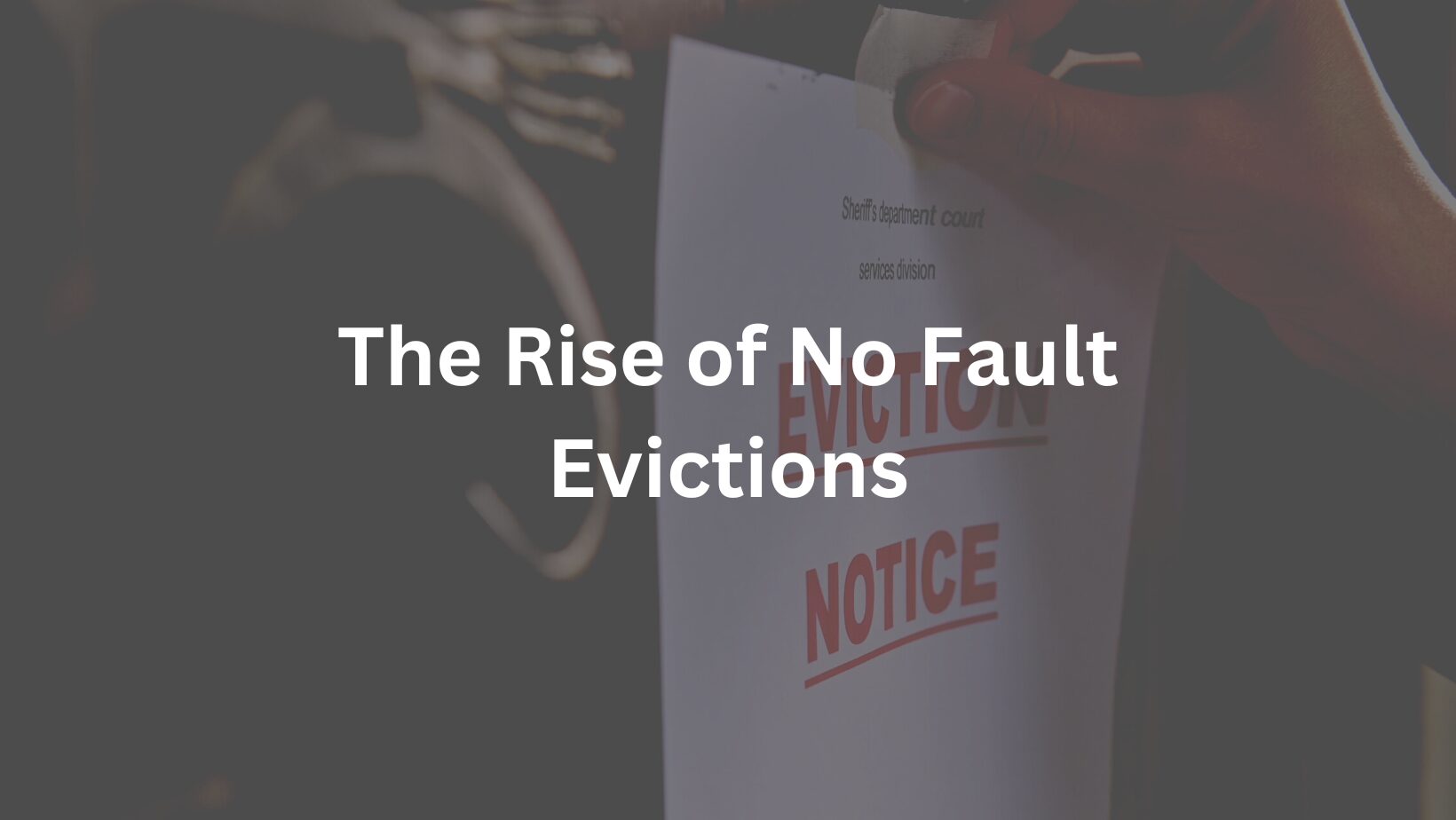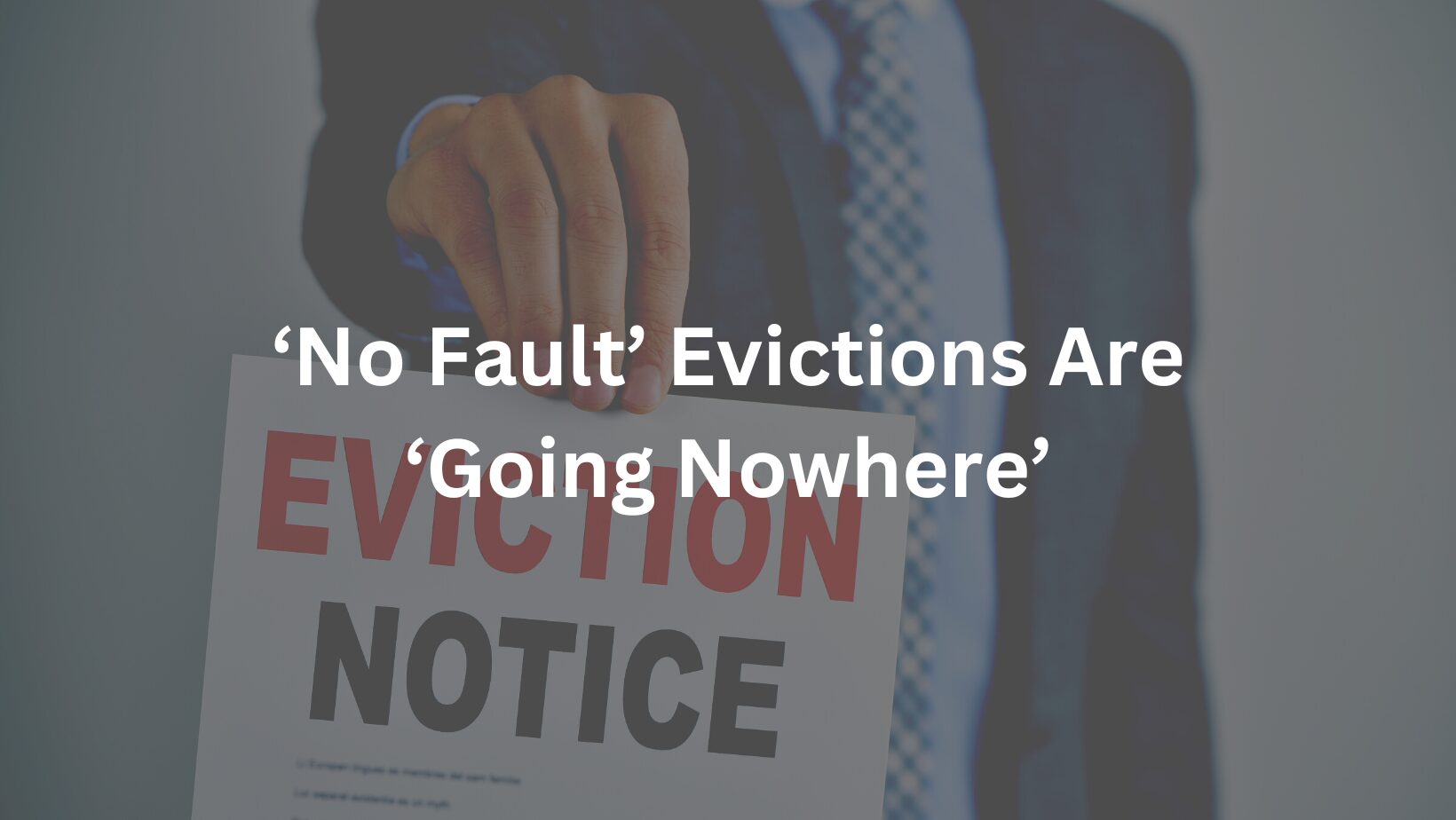
We often get asked about the different types of services we offer at #TeamCES, and with so much jargon in the industry and the legal system, it’s hardly surprising…
With this in mind, we’ve put together a bit of a ‘jargon buster’ series of blogs, hoping to make it much easier for people to understand. The first piece of terminology we want to address concerns a ‘Writ of Control’.
A Writ of Control can be obtained by an individual or business by applying to the High Court.
It is used to enforce a judgment made against a debtor (the person or business that owes money) in order to recover monies owed to the claimant (the person or business who is owed the money).
If full payment is not made, or a payment plan not agreed upon, the High Court Writ of Control comes into effect, permitting the seizure, removal and potential sale of the debtor’s goods.
County Court Judgements (CCJs) can be enforced with a High Court Writ of Control.
Here’s how:
- Claimant obtains CCJ against debtor for money owed (either directly or via their solicitor)
- Debt remains unpaid despite Warrant of Execution having been obtained
- CCJ is then transferred up to the High Court (if the amount is more than £600)
- Upon granting the High Court Writ, a High Court Enforcement Officer can execute the writ to recover the money that is owed.
In every case, the Writ of Control will be addressed to the named authorised High Court Enforcement Officer.
They will then be responsible for its enforcement, doing so by either:
- Recovering the money from the defendant
- Removing the defendant’s goods (this second option is rare, and any goods seized will be according to the estimated value the goods would be worth at public auction)
Hopefully you have a better idea about what a Writ of Control actually is now, but what are the advantages of obtaining one?
- Quick enforcement by a High Court Enforcement Officer
- Quick contact with and visits to the debtor to take control of goods
- More powers available to the High Court Enforcement Officer than with different enforcement options
- Cost effective
- High success rate
What does it cost?
It costs £66 to transfer up a CCJ to the High Court, payable initially by the claimant, but added to the total debt and recoverable from the debtor.
Want to know more? Don’t hesitate to contact one of the team.








